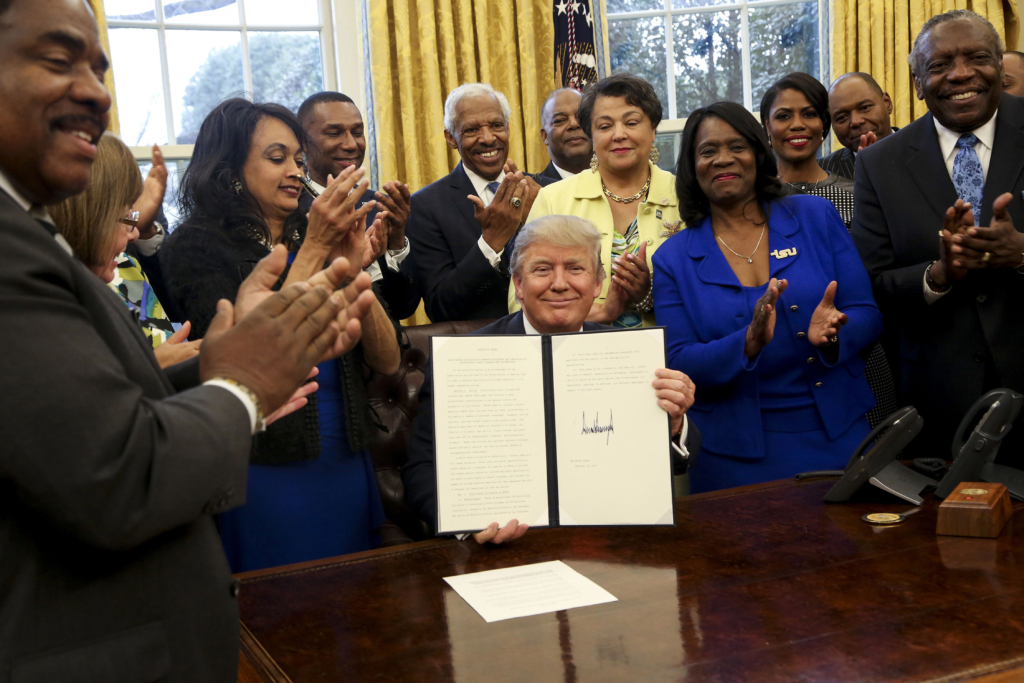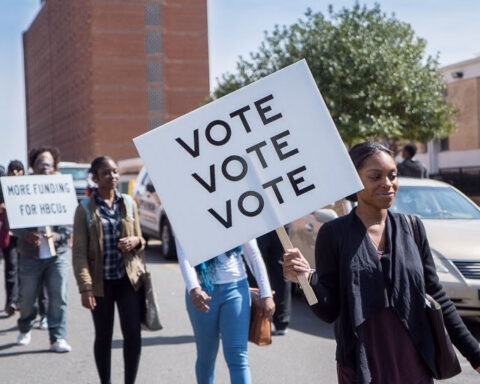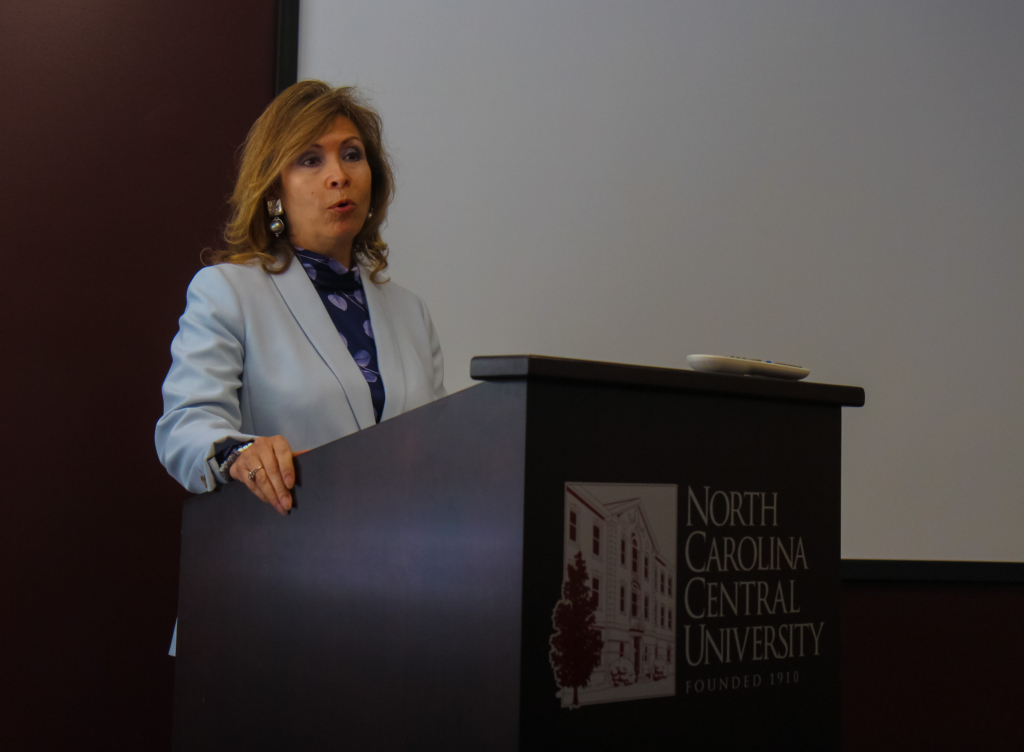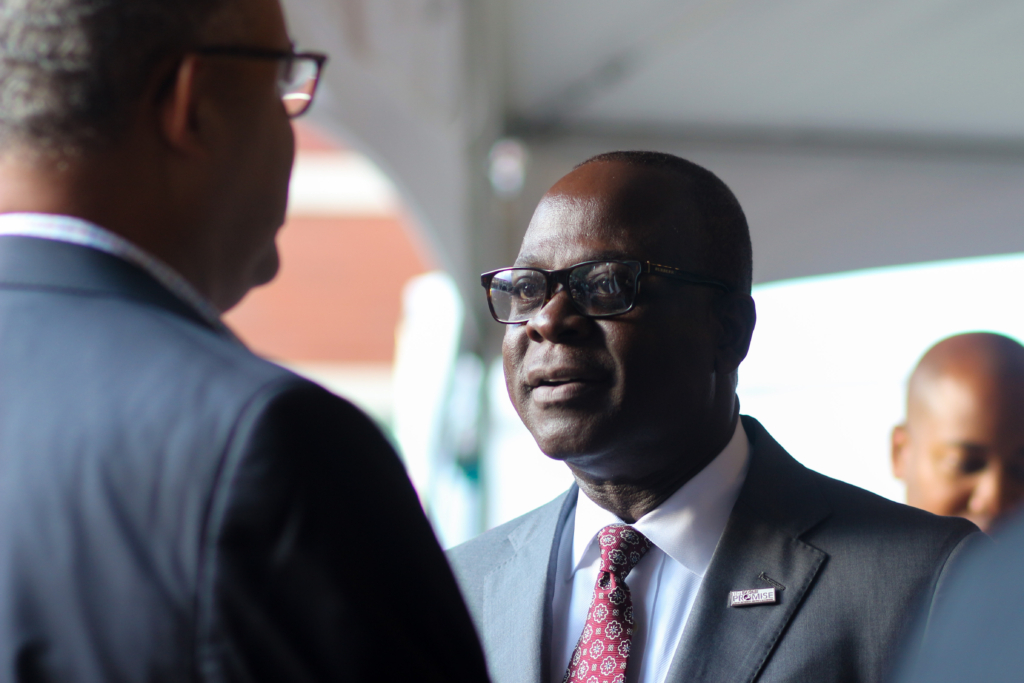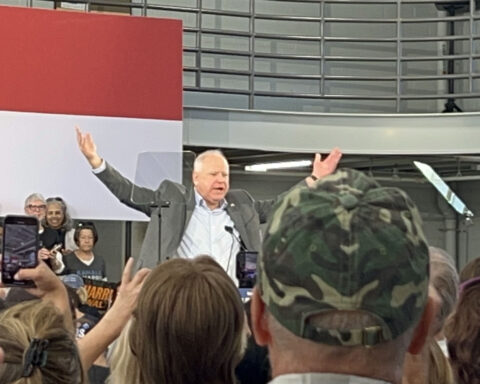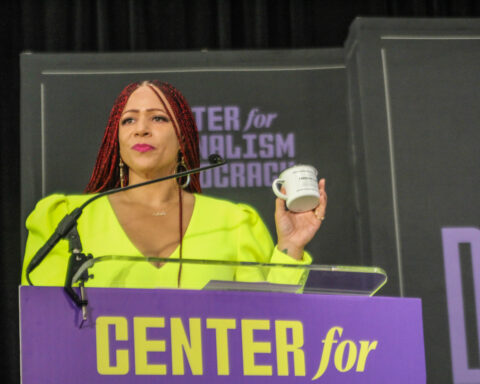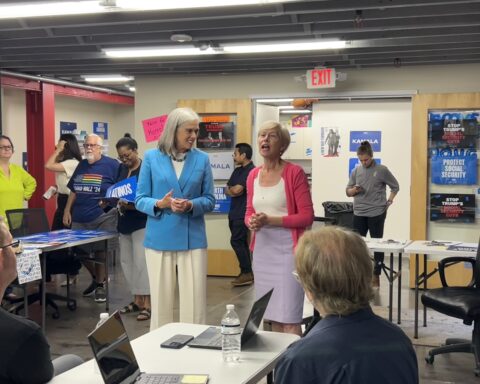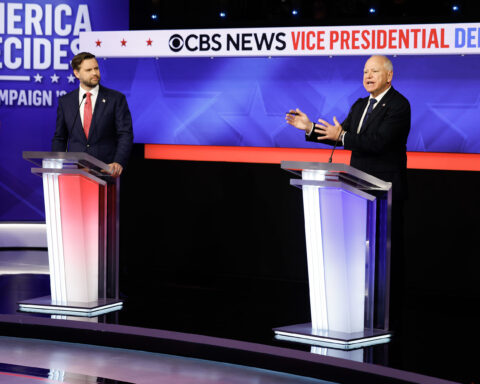Johnathan Holifield, a consulting firm co-founder and former National Football League player, was named Monday, Sept. 25, to lead the Trump administration’s initiative on historically black colleges and universities.
Holifield will be executive director of an effort that’s been stalled since President Donald Trump signed an executive order in February intended as a powerful statement that he viewed the health and well-being of the institutions as a priority.
Holifield told HBCU leaders and advocates gathered at a two-day White House summit on black colleges, which began Sunday, that he looks forward to helping the schools with their mission to boost this country’s competitiveness. He officially begins work Oct. 2.
“There is no path to sustained new job creation, shared prosperity, and enduring national competitiveness without the current and increased contributions of historically black colleges and universities,” he told the summit held on the White House grounds at the Eisenhower Executive Office Building.
HBCU advocates’ reaction to the appointment was mixed.
Johnny C. Taylor Jr., president and CEO of the Thurgood Marshall College Fund, said Holifield “has more than 20 years of multidisciplinary business and government experience, which will help lead the critical work of developing a robust policy and budgetary agenda to positively impact HBCUs.” The fund represents 47 publicly-funded HBCUs.
But Marybeth Gasman, director of the Penn Center for Minority Serving Institutions at the University of Pennsylvania, questioned Holifield’s qualifications and Trump’s commitment to HBCUs.
“I have some concerns that Holifield doesn’t have an HBCU experience,” she said. “He does have experience working across a few organizations and his self-published book is focused on inclusiveness. I wish him the best.”
Rep. Alma Adams, D-N.C., co-chair of the Congressional Bipartisan HBCU Caucus and a critic of Trump’s HBCU effort, called the appointment of Holifield a “first step for the White House as they strive to repair their relationship with HBCU leaders and members of Congress.”
She extended an invitation to Holifield to come to Capitol Hill “to learn more about the (HBCU caucus) and our legislative priorities,” said Adams, who is also a member of the Congressional Black Caucus.
Trump vowed to outdo the nation’s first black president, Barack Obama, in supporting the nation’s historically black colleges when he signed the executive order. It placed oversight of the schools directly in the White House. But black college leaders were dismayed after the administration failed to quickly follow through.
Several HBCU leaders and lawmakers, including members of the black caucus, the United Negro College Fund and the Thurgood Marshall fund, called for the White House to postpone this week’s event. Traditionally, the executive director has helped plan the meetings.
Holifield is the author of “The Future Economy and Inclusive Competitiveness,” a 2017 book that explains how demographics and innovation can help boost the nation’s economy.
A graduate of the West Virginia University and the University of Cincinnati’s colleges of law and education, Holifield co-founded ScaleUp Partners in 2011. Its website describes the consulting firm as providing “experienced insight and expertise to unleash a diverse pipeline of qualified workforce and entrepreneurial talent.”
Holifield was a star running back at West Virginia University, scoring 14 touchdowns and collecting 1,808 yards from 1983 to 1986. He played three games for the NFL’s Cincinnati Bengals in 1989.
HBCUs are any black college or university established before 1964 with the principal mission of educating African American students. Collectively, they enroll nearly 300,000 students and receive money from the federal government through grants, contracts, appropriations and financial aid.
They received $4.7 billion in federal financial assistance in 2013, according to the latest report available. That sum accounted for 2.8 percent of federal dollars awarded to all higher education institutions.

